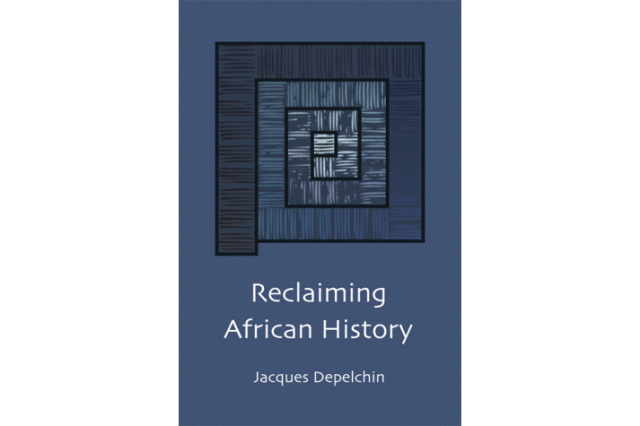Most of governements have tools and laws allowing to lead surveillance and block of the use of cybernaut. This tools are produced by great private society. They are widely used by dictatorships against there own people, to control information and to take off the most troublesome.
To fight (…)

How To Bypass Internet Censorship
284 pages, 10 euros

